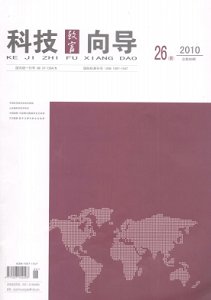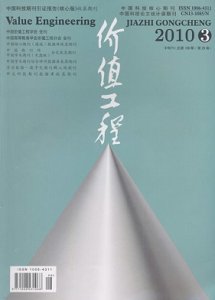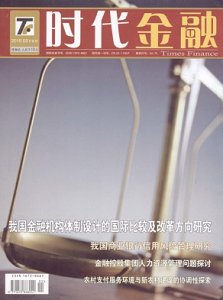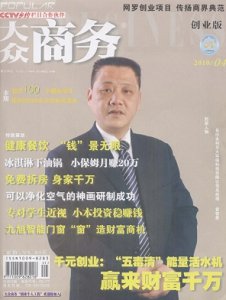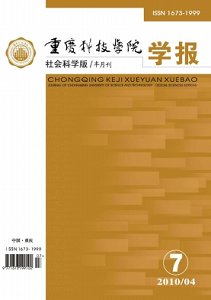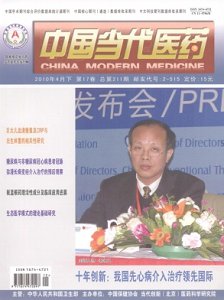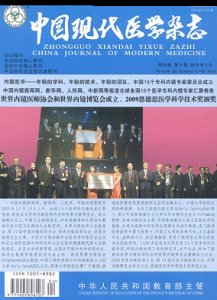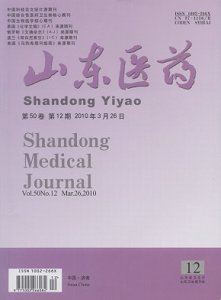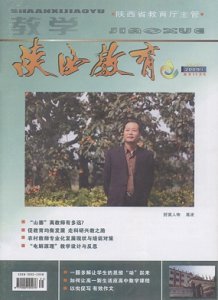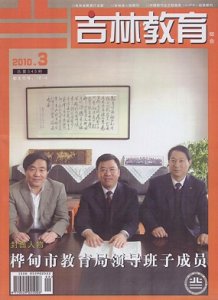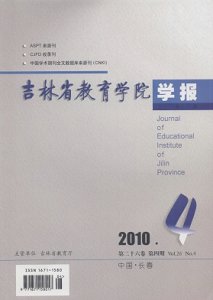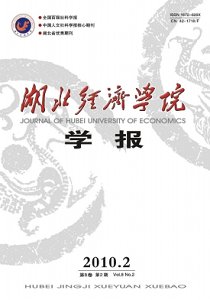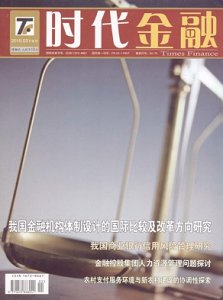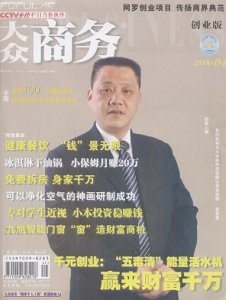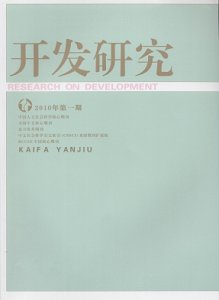Manifestations and Causes of Gender Differences in Language
Manifestations and Causes of Gender Differences in Language
戴维
上海海事大学201306
Abstract:Language is the direct reflection of social reality and the real reflection of social traditions, customs and cultural awareness. It is the inevitable requirement of social development to conduct the research on the relationship between gender and language. The manifestations of language and gender mainly involve in pronunciation, intonation, vocabulary and semantic. The causes of gender differences in language include society, psychological factor, physiological aspects and culture etc.
Key words: language gender; differences; manifestations; causes
1 Manifestations of Gender Differences in Language
1.1 Diction
In the conversation, women use the plural form of first-person pronouns “we” more frequently than men do, but men prefer using the singular form “I”. Women tend to pay attention to group including listeners, but men focus on themselves which is excusive. Maybe it originates from the patriarchal society in which social and cultural psychology is “male power-oriented”. In addition, women usually use modal words such as “uhm”, “yeah” to express listening attentively to others and give a positive feedback. Women use discourse modifier as mitigating devices to adjust and modify their mood, for example, “perhaps”, “maybe”, “probably”, “I think”, but men use “most”, “many”, “I am sure”.
1.2 Syntactic Structure
First, women use the modal structure more frequently, such as modal verbs “can”, “could”, “shall”, “should”, “will”, “would”, “may”, “might” and other auxiliary word used together with “have”, “be”, reflecting that it is uncertain for women to know what will happen, while men only use words which express affirmation, orders and authority. Secondly, men use imperative sentence more universally than women do, and they usually adopt the simple and direct order form,while women usually adopt winding structure, and they will say “would you pass me a cup of coffee”.
1.3 Speech Style
Because men dominant in the traditional society, while women have a subordinate status, which makes differences between topic control, transformation of conversation and color of words. Women usually express intimacy through language, establishing a close relationship based on friendship, while men often establish the status in the group. In general, women will not think more about the topic, showing passiveness and submissive attitude of conversation. In contrast, men often show competitiveness in the conversation, tending to control the selection of topic and chance to speak by themselves. They establish and improve status by showing their intelligence and highlighting their personality.
2 Causes behind Gender Differences in Language
2.1 Social Status
In the modern society, most of men are engaged in social work, becoming the main pillar and diving force of the development of social economy. Men’s activities have a large range, but the scope of women’s activities is restricted to family and engaged in household affairs. So the character of men and women will be affected and result in the differences of language expression. Men represent “power”, “status” and “dominance”, while the social function of women is only subordinate and dotted. In order to gain higher social dignity, women prefer using standard speech to prove and firm her social status. Men always use nonstandard language advisedly to distinguish from women. Compared with women, they are rude and don’t stick at trifles. It is easy to imagine that different social division of labor and social status restrict their language, which is the important factor that gives rise to the differences of language gender.
2.2 Deep-rooted Traditional View
In any country and the corresponding cultural values, people have fixed ideas and pattern to gender role and behavior. For example, people think habitually that women’s language should be rough, arrogant and steady. Thus, the fixed social expectation takes shape, becoming a strong social force to oblige people to regulate their own behavior. The behavior which does not meet these expectation and requirements will suffer social opposition and negation, being laughed at and suffered with contempt by other people.
2.3 Psychological Factor
Characteristics of mental development of men and women also have effects on language use. Before puberty, women mature earlier than men do on understanding of human relationships, forming a sense of mission and responsibility. Women’s mental age is older than men from 1year old to 1.5 years old. After puberty, men are adventurous and assertive, and they like saying without mincing words. While women are quiet, shy, gentle and soft, they have rich and delicate feelings and good manners. Different psychological characteristics of men and women determines the differences of language, although these differences are not absolute.
3 Conclusion
Language gender is a very complex subject. The development and change of foreign research on language gender proposed the new challenge to domestic research of it and the development of feminist academic. This challenge also inspired our efforts to build a Chinese characteristic research on gender language. In brief, the study of gender language difference still has a vast scope to be inquired into home and abroad.
Bibliography
[1]Eakins B.W.,Eakins R.G.Sex Difference in Human Communication[M], Boston, Mass Boston, Mass Honghton Miffilin Co,1978.
[2]Fill H.T.,Huswell.Sex-role Stereotyping in English Usage [J].Sex Roles 1977, (3): 257-263.
[3]戴炜栋,言语性别差异研究综述[J].外国语,1983,(2):1-5.
[4]杜文礼,初探英语中的性别歧视[J].山东外语教学,1993,(2):15-17.
戴维
上海海事大学201306
Abstract:Language is the direct reflection of social reality and the real reflection of social traditions, customs and cultural awareness. It is the inevitable requirement of social development to conduct the research on the relationship between gender and language. The manifestations of language and gender mainly involve in pronunciation, intonation, vocabulary and semantic. The causes of gender differences in language include society, psychological factor, physiological aspects and culture etc.
Key words: language gender; differences; manifestations; causes
1 Manifestations of Gender Differences in Language
1.1 Diction
In the conversation, women use the plural form of first-person pronouns “we” more frequently than men do, but men prefer using the singular form “I”. Women tend to pay attention to group including listeners, but men focus on themselves which is excusive. Maybe it originates from the patriarchal society in which social and cultural psychology is “male power-oriented”. In addition, women usually use modal words such as “uhm”, “yeah” to express listening attentively to others and give a positive feedback. Women use discourse modifier as mitigating devices to adjust and modify their mood, for example, “perhaps”, “maybe”, “probably”, “I think”, but men use “most”, “many”, “I am sure”.
1.2 Syntactic Structure
First, women use the modal structure more frequently, such as modal verbs “can”, “could”, “shall”, “should”, “will”, “would”, “may”, “might” and other auxiliary word used together with “have”, “be”, reflecting that it is uncertain for women to know what will happen, while men only use words which express affirmation, orders and authority. Secondly, men use imperative sentence more universally than women do, and they usually adopt the simple and direct order form,while women usually adopt winding structure, and they will say “would you pass me a cup of coffee”.
1.3 Speech Style
Because men dominant in the traditional society, while women have a subordinate status, which makes differences between topic control, transformation of conversation and color of words. Women usually express intimacy through language, establishing a close relationship based on friendship, while men often establish the status in the group. In general, women will not think more about the topic, showing passiveness and submissive attitude of conversation. In contrast, men often show competitiveness in the conversation, tending to control the selection of topic and chance to speak by themselves. They establish and improve status by showing their intelligence and highlighting their personality.
2 Causes behind Gender Differences in Language
2.1 Social Status
In the modern society, most of men are engaged in social work, becoming the main pillar and diving force of the development of social economy. Men’s activities have a large range, but the scope of women’s activities is restricted to family and engaged in household affairs. So the character of men and women will be affected and result in the differences of language expression. Men represent “power”, “status” and “dominance”, while the social function of women is only subordinate and dotted. In order to gain higher social dignity, women prefer using standard speech to prove and firm her social status. Men always use nonstandard language advisedly to distinguish from women. Compared with women, they are rude and don’t stick at trifles. It is easy to imagine that different social division of labor and social status restrict their language, which is the important factor that gives rise to the differences of language gender.
2.2 Deep-rooted Traditional View
In any country and the corresponding cultural values, people have fixed ideas and pattern to gender role and behavior. For example, people think habitually that women’s language should be rough, arrogant and steady. Thus, the fixed social expectation takes shape, becoming a strong social force to oblige people to regulate their own behavior. The behavior which does not meet these expectation and requirements will suffer social opposition and negation, being laughed at and suffered with contempt by other people.
2.3 Psychological Factor
Characteristics of mental development of men and women also have effects on language use. Before puberty, women mature earlier than men do on understanding of human relationships, forming a sense of mission and responsibility. Women’s mental age is older than men from 1year old to 1.5 years old. After puberty, men are adventurous and assertive, and they like saying without mincing words. While women are quiet, shy, gentle and soft, they have rich and delicate feelings and good manners. Different psychological characteristics of men and women determines the differences of language, although these differences are not absolute.
3 Conclusion
Language gender is a very complex subject. The development and change of foreign research on language gender proposed the new challenge to domestic research of it and the development of feminist academic. This challenge also inspired our efforts to build a Chinese characteristic research on gender language. In brief, the study of gender language difference still has a vast scope to be inquired into home and abroad.
Bibliography
[1]Eakins B.W.,Eakins R.G.Sex Difference in Human Communication[M], Boston, Mass Boston, Mass Honghton Miffilin Co,1978.
[2]Fill H.T.,Huswell.Sex-role Stereotyping in English Usage [J].Sex Roles 1977, (3): 257-263.
[3]戴炜栋,言语性别差异研究综述[J].外国语,1983,(2):1-5.
[4]杜文礼,初探英语中的性别歧视[J].山东外语教学,1993,(2):15-17.








